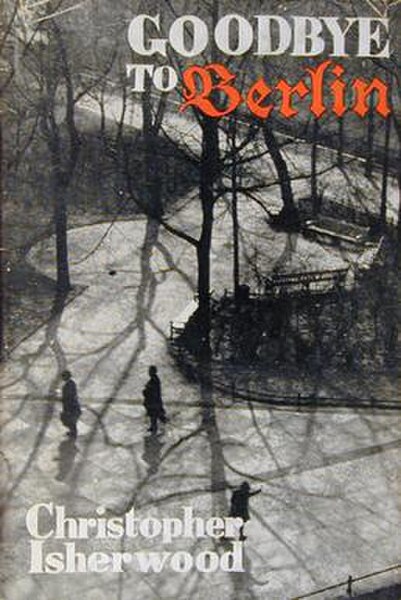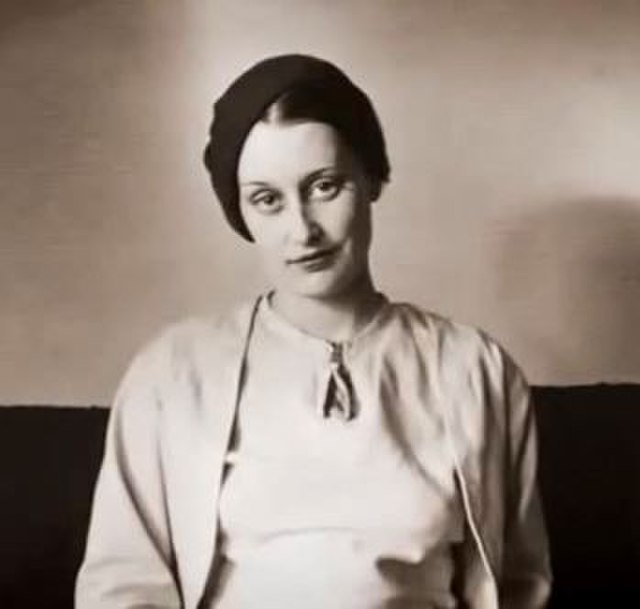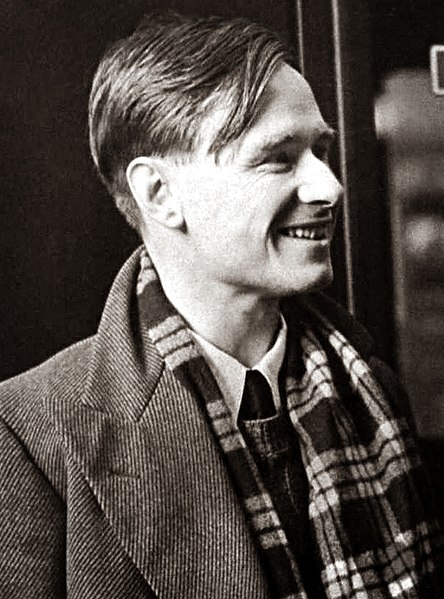Goodbye to Berlin is a 1939 novel by Anglo-American writer Christopher Isherwood set during the waning days of the Weimar Republic. The novel recounts Isherwood's 1929–1932 sojourn as a pleasure-seeking British expatriate on the eve of Adolf Hitler's ascension as Chancellor of Germany and consists of a "series of sketches of disintegrating Berlin, its slums and nightclubs and comfortable villas, its odd maladapted types and its complacent burghers." The plot was based on factual events in Isherwood's life, and the novel's characters were based upon actual persons. The insouciant flapper Sally Bowles was based on teenage cabaret singer Jean Ross who became Isherwood's friend during his sojourn.
The cover of the first edition
Isherwood in 1939
Jean Ross, a cabaret singer in the Weimar Republic, inspired the character of Sally Bowles.
Julie Harris as the insouciant Sally Bowles
Christopher William Bradshaw Isherwood was an Anglo-American novelist, playwright, screenwriter, autobiographer, and diarist. His best-known works include Goodbye to Berlin (1939), a semi-autobiographical novel which inspired the musical Cabaret (1966); A Single Man (1964), adapted as a film by Tom Ford in 2009; and Christopher and His Kind (1976), a memoir which "carried him into the heart of the Gay Liberation movement".
Isherwood in 1938
Repton School
Jean Ross, a British expatriate and cabaret singer upon whom Isherwood based the character of Sally Bowles
Christopher Isherwood (left) and W. H. Auden (right), photographed by Carl Van Vechten, 1939






